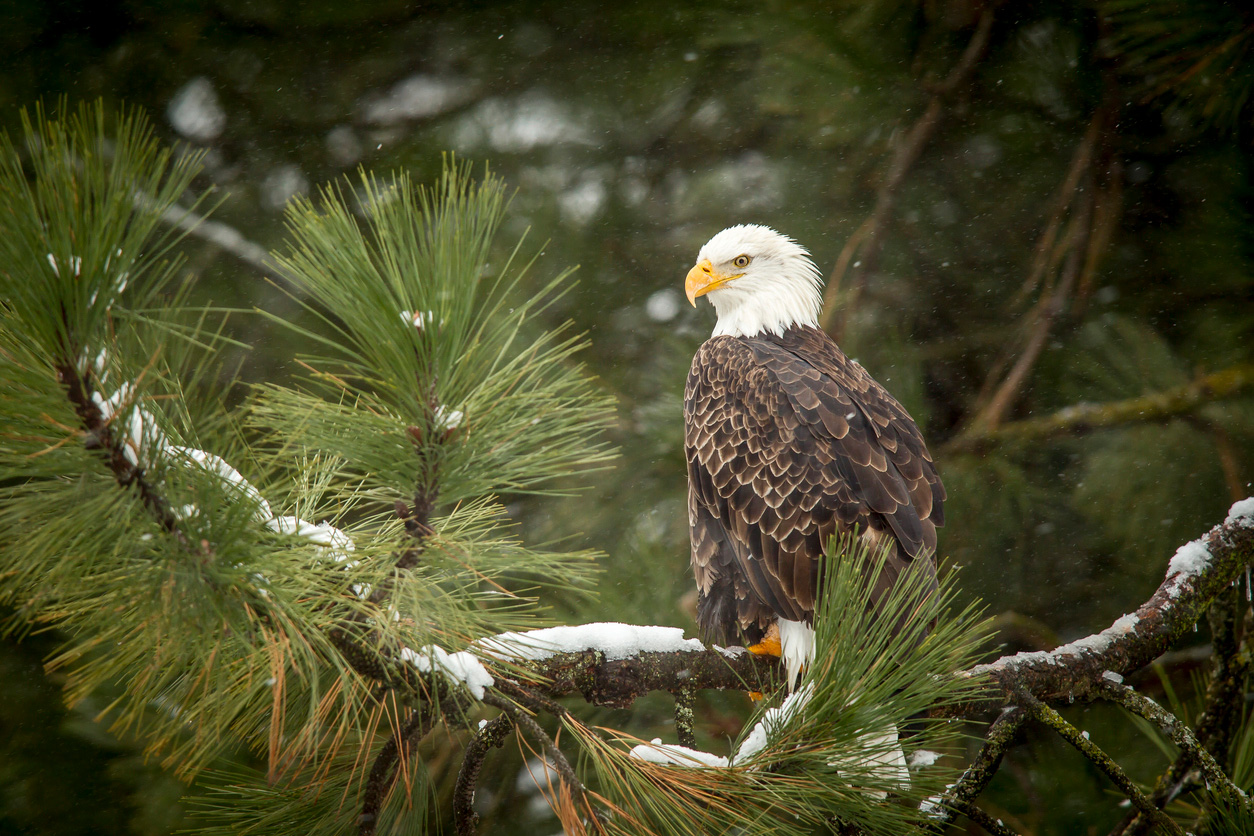The PNHWH2 Hub’s proposed projects will focus on creating economic opportunity across all demographics to improve the lives and futures of people throughout the region.

TRIBAL RELATIONS OVERVIEW
Tribal engagement is an essential element of the Pacific Northwest Hydrogen Hub, and PNWH2 is committed to having ongoing conversations to ensure real economic opportunities for the benefit of tribal members and the communities they share, through sustainable and responsible environmental, cultural and socially equitable efforts.
In addition to having Tribal governments as part of the PNWH2 Board, the Association has engaged tribes in planning for all deployment elements of the Hub. This engagement includes formal government-to-government consultation when requested by tribes, and other communication venues to inform tribes that choose not to participate in Hub planning but may be impacted by the work. State Tribal Liaisons are also an important resource included as part of the proposal development.
Recent Tribal Events
On Monday, March 18, 2024 PNWH2 held a virtual convening of tribal leaders, citizens, and those that work in support of tribes across the PNW to share key information about the Hub, describe what can be expected for the community benefits and engagement process, and answer questions. You can download a PDF of the slide deck from this event here.
We look forward to hosting more events like this after the funding award from the U.S. Department of Energy (DOE) for the Hub is finalized and additional details are shared.
Tribal Relations: Frequently Asked Questions
How were tribes engaged and consulted during the H2Hub planning process?
The PNWH2 Hub’s projects will drive economic opportunity across all demographics, creating or supporting more than 10,000 good-paying jobs and stronger energy security to improve the lives and futures of people throughout the region.a
The following activities are some examples in which the PNWH2 Hub and the Washington State Department of Commerce engaged and consulted tribes during the application and review process:
- April 2022 – Former Washington State Department of Commerce Director Lisa Brown and PNWH2 Chairman Chris Green sent letters to all 29 federally-recognized tribes in Washington notifying them of the intention to apply for DOE hub funding, inviting interested tribes to join the Pacific Northwest Hydrogen Association, and participate in the development of a full proposal. For those that followed up, PNWH2 and Commerce engaged with tribal leadership and staff to answer questions and discuss involvement.
- January to December 2022 – Tribal-led organizations such as the Northwest Tribal Indian College participated in the PNWH2 project review process.
- January 2023 – PNWH2 presented on the proposed H2Hub to the Affiliated Tribes of Northwest Indians (ATNI) Economic Development Committee.
- April 2023 – PNWH2 chairs and tribal board members sent a letter to tribal leaders in Washington, Oregon, and Montana, providing an update on the Hub proposal process and a second invitation to formally participate.
- June 2023 – PNWH2 presented on the proposed H2Hub at the ATNI Clean Energy Summit.
- October 2023 – Commerce presented to tribal government leaders at the Centennial Accord pre-meeting.
We expect to create or support jobs in multiple industries, including construction (pipefitting, steelwork, welding, carpentry, etc.), infrastructure maintenance and operations (engineers, chemists, field technicians, etc.), transportation (mechanics, operators, vehicle design/construction, etc.), and management (planners, accountants, business development, marketing, etc.).
How will tribes be engaged and consulted during the H2Hub implementation process?
Through this next phase of negotiations with the DOE, PNWH2 Hub and the Washington Department of Commerce will be strategically engaging with and consulting tribes further to explore potential interests and opportunities to get involved with the Hub. The negotiations could take up to six months before detailed information about the H2Hub can be released. However, Commerce and State Tribal Liaisons will continue to create space for ongoing feedback and engagement. Washington State University’s Office of Tribal Relations was also identified to lead the Tribal Community Benefits Plan and will support Commerce and State Tribal Liaisons in this work.
How will the tribes benefit from the anticipated hydrogen production and increased usage?
At a state, regional and national level, there is a clear recognition that tribes be engaged and involved as environmental stewards, as project validators, and as partner governments. The tribes are committed to ensuring real economic opportunities for the benefit of tribal members and the communities they share, but only through sustainable and responsible environmental, cultural and socially equitable efforts.
The details of these benefits vary by project and tribe, but generally, the benefits focus on training programs and new clean energy economy jobs, including supply chain and contracting opportunities for local businesses. PNWH2 expects reductions in local pollution burdens in some communities as fossil fuel infrastructure is converted or repurposed to clean hydrogen. In addition, the Association is planning a variety of programs to support workers, including family care, transportation and hydrogen safety awareness and training. These programs build on the strong partnerships that the Hub projects and the Association have worked to develop with tribal governments, as evidenced by the two PNWH2 Board seats occupied by tribal government representatives.
DOE and the state governments involved in this proposal remain committed to multiple pathways of engagement including government-to-government consultation.